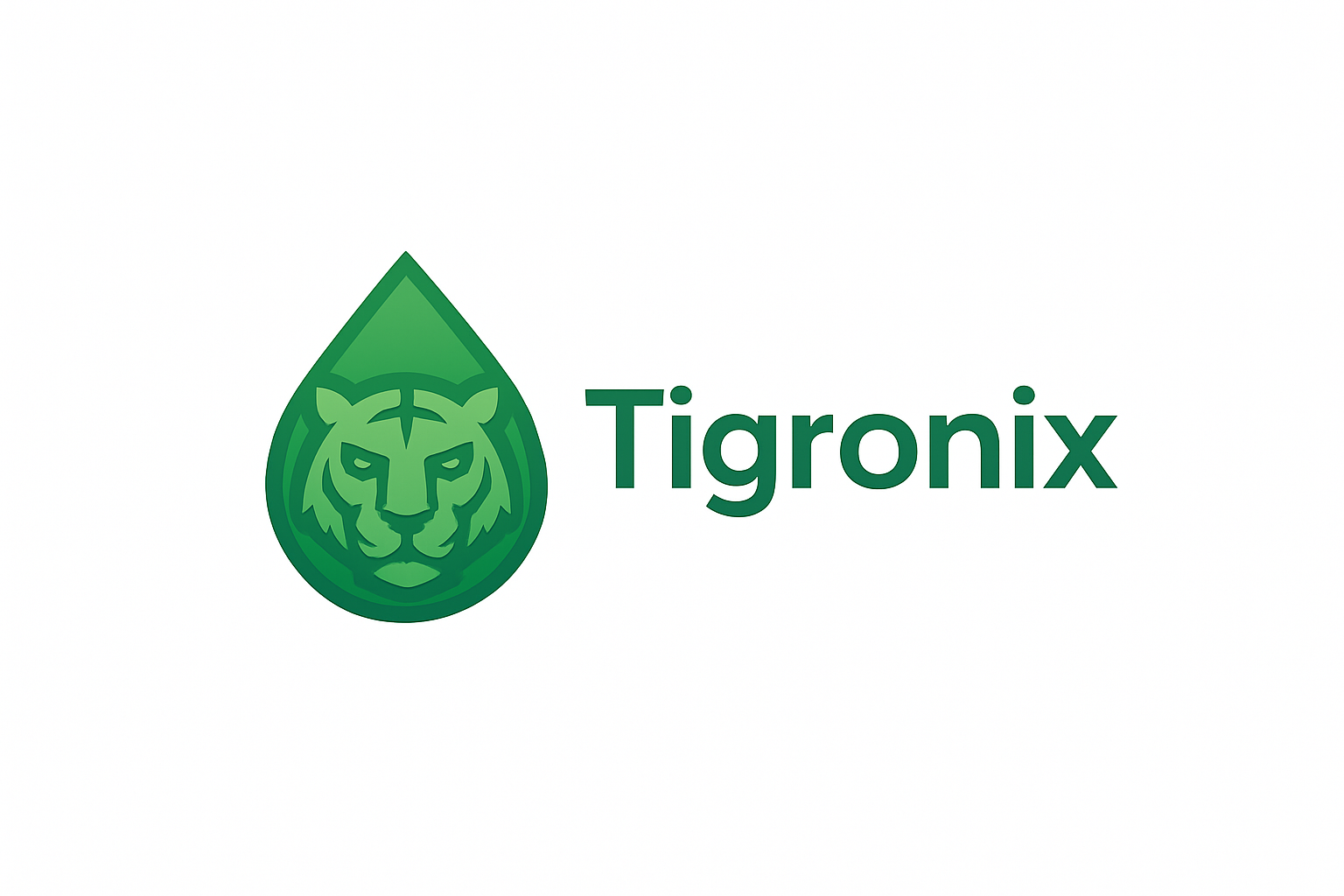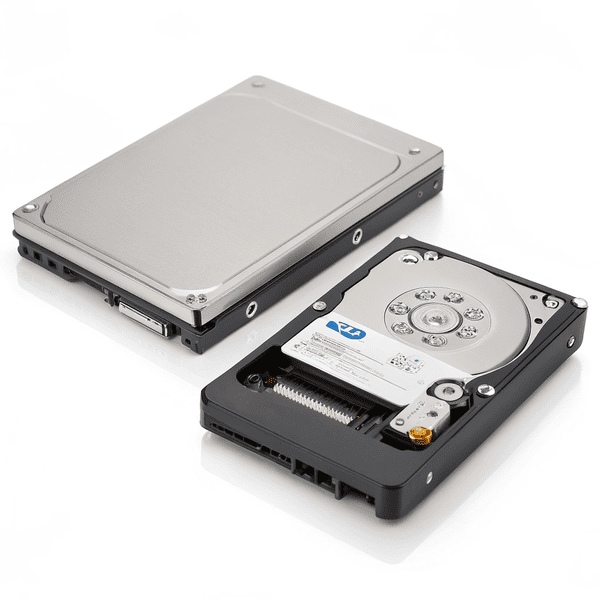When a server holds important data, choosing the wrong hard drive can mean slow access or evenWhen a server holds important data, choosing the wrong hard drive[^1] can mean slow access or even data loss during a crash.
[^1]: Explore this link to discover top-rated hard drives that ensure fast access and data safety for your server.
during a crash.
Servers use both HDDs and SSDs, with modern setups relying more on enterprise-grade SSDs for speed, while HDDs are still common for bulk storage and backups.
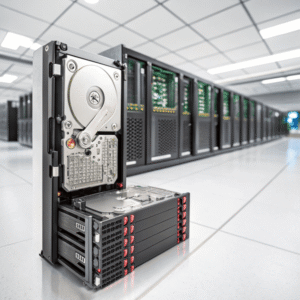
Not every hard drive is built for the same job. I look at the server’s main task before picking a drive. If I need fast access and low downtime, I reach for enterprise SSDs. If cost per terabyte and long-term storage matter more, I choose enterprise HDDs. In my work, most new servers use SSDs for the main system and HDDs for backup or bulk storage. Getting the mix right keeps costs low while helping performance.
What type of hard drives do servers use?
The question comes up often: what actually powers the big servers behind major brands and businesses?
Servers use two main types of hard drives: enterprise SSDs, for speed and reliability, and enterprise HDDs, for cost-effective, high-capacity storage.
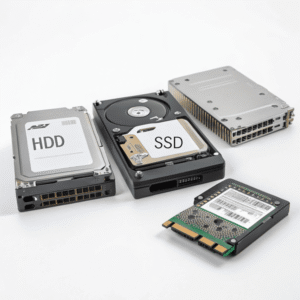
Servers are not all the same. In my experience, data centers and business networks run a mix of drives.Servers are not all the same. In my experience, data centers and business networks run a mix of drives. SSDs, especially those with NVMe interfaces[^1], power apps needing quick access—like databases or virtual servers.
[^1]: Learn about NVMe interfaces and their role in boosting data transfer speeds for applications.
, especially those with NVMe interfaces, power apps needing quick access—like databases or virtual servers. HDDs are used in big arrays where stores need everything for years—perfect for backups or media libraries. Enterprise models matter a lot compared to consumer ones. These drives have higher reliability, longer warranties, and firmware built for 24/7. Mixing SSDs and HDDs gives flexibility.
| Drive Type | Typical Usage | Key Benefit | Downside |
|---|---|---|---|
| Enterprise SSD | OS, apps, hot data | Speed, low downtime | Higher cost |
| Enterprise HDD | Bulk/backup storage | Cost per GB | Slower, more noise |
When building servers, I balance speed and capacity to get the best results for each task.
Do servers use HDD or SSD?
People think SSDs replaced HDDs everywhere, but the answer isn’t that simple in server rooms.
Servers use both HDDs and SSDs: SSDs for fast data access, databases, and virtual machines; HDDs for archives, backups, and large, less-accessed files.
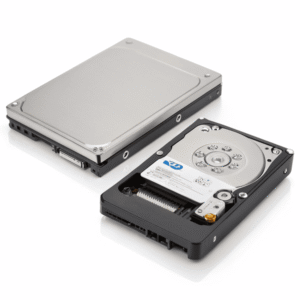
I see older HDDs still at work in many server racks. They are reliable for backups and bulk data. At the same time, all my new builds for main servers useI see older HDDs[^1] still at work in many server racks. They are reliable for backups and bulk data. At the same time, all my new builds for main servers use SSDs for the OS and hot data
[^1]: Explore the benefits of HDDs for backups and bulk data storage, especially in server environments.
for the OS and hot data. SSDs boot fast, handle more requests, and almost never slow down under heavy use. HDDs are chosen when costs matter most or when huge capacity comes before speed. Many servers today run both at once—a setup called tiered storage. Here, hot data sits on SSDs and cold, rarely-used files go on HDDs. This mix also helps in balance performance and cost.
| Use Case | Preferred Drive Type |
|---|---|
| Application databases | SSD (NVMe or SATA) |
| Virtualization | SSD (NVMe) |
| User file storage | SSD/HDD mix |
| Backups | HDD |
| Archival/long-term files | HDD |
This balance lets me build more flexible and cost-effective servers for clients.
Which hard disk is best for a server?
Ask five IT pros, get five answers. For me, choosing the best hard drive depends on workload andAsk five IT pros, get five answers. For me, choosing the best hard drive[^1] depends on workload and reliability.
[^1]: Explore this link to discover various hard drives tailored for specific workloads, ensuring you choose the right one for your needs.
The best hard disk for a server is usually an enterprise NVMe SSD for speed and reliability, or an enterprise SATA HDD for massive, cost-effective storage needs.

Enterprise SSDs shine in demanding tasks—databases, email hosting, virtualization. In my experience, picks like the Samsung PM1733 or Intel DC P4610 handle years of heavy writes. For pure storage, I respect Western Digital Gold or Seagate Exos lines, which run for years in RAID arrays. When I plan a server, my top priority is always endurance, power-loss protection, and warranty support. For a database, I go straight to high-end NVMe SSDs. For backup or archival, I trust enterprise HDDs with at least 2 million hours MTBF. Mixing is best: fast SSDs in front, huge HDDs in back.
| Brand/Model | Type | Best For | Typical Endurance |
|---|---|---|---|
| Samsung PM1733 | NVMe SSD | Main system/data | Very high |
| Intel DC P4610 | NVMe SSD | Virtualization/databases | Very high |
| Western Digital Gold | Enterprise HDD | Backup/archive | High |
| Seagate Exos X16 | Enterprise HDD | Bulk storage | High |
I also check for vendor support and drive firmware before making a pick.
Conclusion
Servers use a mix of enterprise SSDs and HDDs, matching each drive to its workload for best performance, reliability, and cost savings.
